Something cool is brewing. Watch this space 

Something cool is brewing. Watch this space 

Emmanuel De Merode, Director for Virunga National Park, gives an account of the struggle to save one of the world’s great national parks with its population of mountain gorillas, renders accessible to an audience one of the darkest conflicts in recent history, the bloody civil war in the Democratic Republic of Congo. It is not just a story of bleak and bloody facts: ultimately it is a story of determination and courage and how a small unit of Congolese park rangers, community workers and local environmental activists brought about a miracle in African wildlife conservation.
This talk is part of the TEDxWWF series.
http://wwf.panda.org/tedx
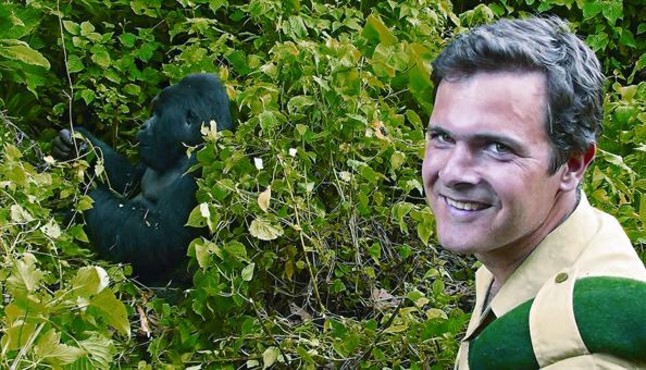
Let’s not forget the work of the brave men who have dedicated their lives to protecting the endangered wildlife like Mountain gorillas and their habitats, from poachers, traps, rebel remnants and the illegal charcoal dealers.
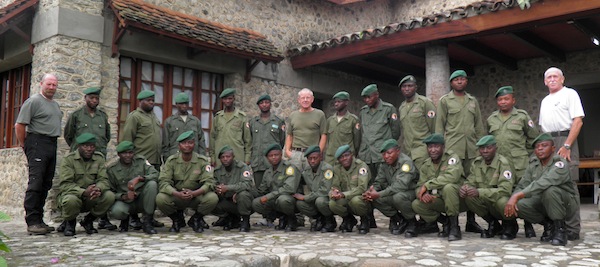
Training for the Challenges Ahead ~ Virunga Officers Prepared for Anything ~ Virunga.CD field Report.
The job of ranger or officer at Virunga National Park is unlike any ranger position anywhere. When the statistics reflect the highest death-rate among rangers of any national park in the world, you can be assured this job is not for the weak or untrained. When militia or poachers would happily kill you over a piece of land or animal, as a ranger or officer you better know what to do.
This is why the park has required that every officer complete a two-month officer-training course in leadership and principles of command, conducted at the northern headquarters of Mutsora at the base of the Rwenzori mountains.
“I’ve been an officer for 6 years, and this is the first time I have gone through this kind of intense professional officer training,” said Bertin Tumonakiese, coordinator for security operations at headquarters and assistant to the director.
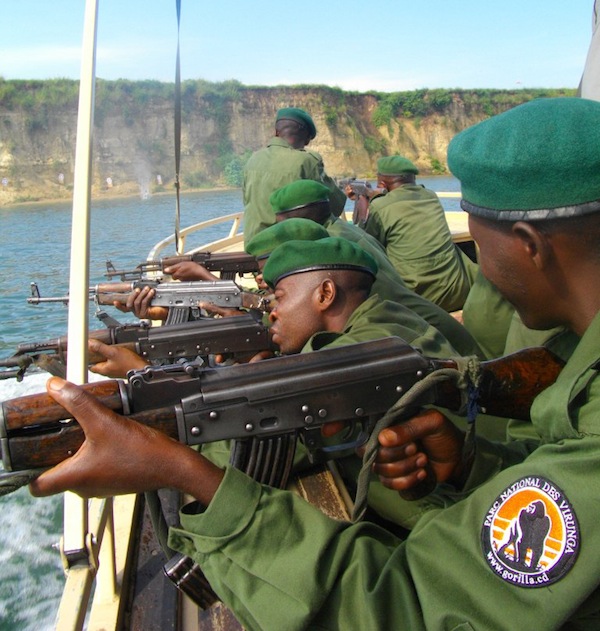
In the last seven months, 67 officers have completed the training, which officially concluded on October 21st. It included courses in leadership, tactics, shooting, close combat, radio procedures, and intensive physical training – all for the purpose of making them better equipped to lead rangers in difficult challenges to protect the park when threatened with danger. Many exercises took place around Lake Edward where militia attacks and poaching are common. It was an intense time for the officers, and most came away with high-level skills to lead others.
“It was fantastic,” Bertin said. “I used to send out patrols, but didn’t really know how to instruct them in good strategies, but now I do. I learned the best way to respond when you are confronted by militia or poachers and how best to protect the group. I am more confident now.”
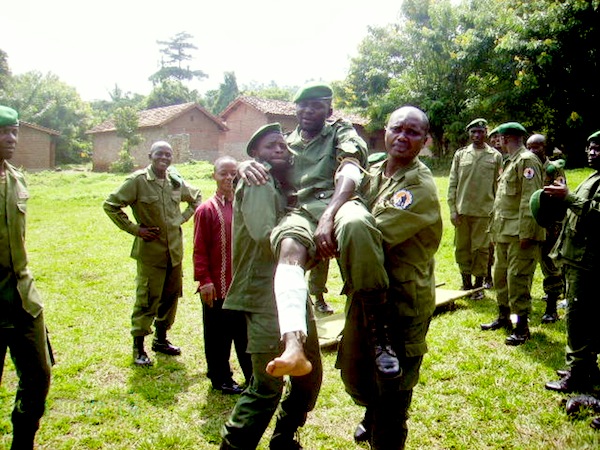
I created this TV commercial for Time Warner through Marketing Matters, an Advertising Agency based in Austin, Texas. I used 3D Studio Max, Motionbuilder and After Effects.
Check out the complete marketing package here: http://www.twcbc.com/Texas/LeadGen/OAE/DigitalTransporter.html
FIBER WORLD TVC ~ “The Digital World is full of Congestion, Slow Networks, Long Upload/Download Times and a World full of people trying to Break in and Steal your Private Files. This was the old Network …. Welcome to the World of Fiber.”

By SETH BORENSTEIN – AP Science Writer ~ WASHINGTON (AP) — A prominent physicist and skeptic of global warming spent two years trying to find out if mainstream climate scientists were wrong. In the end, he determined they were right: Temperatures really are rising rapidly.
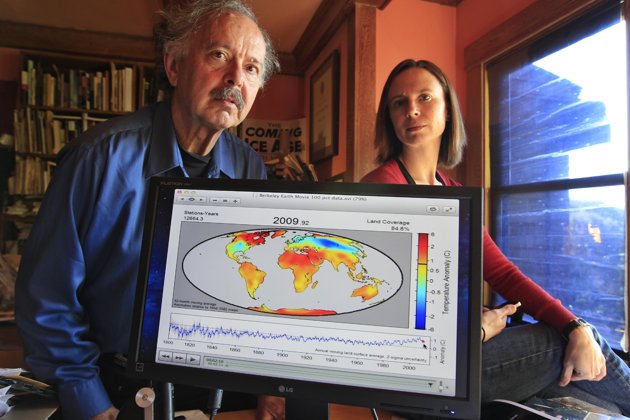
The study of the world’s surface temperatures by Richard Muller was partially bankrolled by a foundation connected to global warming deniers. He pursued long-held skeptic theories in analyzing the data. He was spurred to action because of “Climategate,” a British scandal involving hacked emails of scientists.
Yet he found that the land is 1.6 degrees Fahrenheit (1 degree Celsius) warmer than in the 1950s. Those numbers from Muller, who works at the University of California, Berkeley, and Lawrence Berkeley National Lab, match those by the National Oceanic and Atmospheric Administration and NASA.
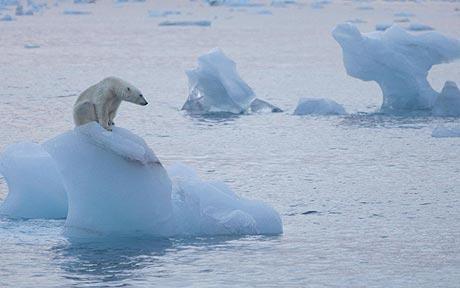
He said he went even further back, studying readings from Benjamin Franklin and Thomas Jefferson. His ultimate finding of a warming world, to be presented at a conference Monday, is no different from what mainstream climate scientists have been saying for decades.
What’s different, and why everyone from opinion columnists to cable TV ‘s satirical”The Daily Show” is paying attention is who is behind the study.
One-quarter of the $600,000 to do the research came from the Charles Koch Foundation, whose founder is a major funder of skeptic groups and the conservative tea party movement. The Koch brothers, Charles and David, run a large privately held company involved in oil and other industries, producing sizable greenhouse gas emissions.
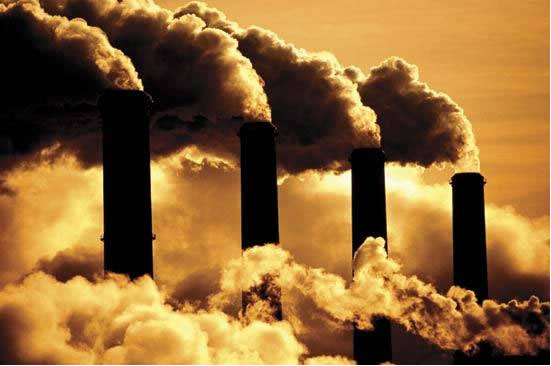
Muller’s research team carefully examined two chief criticisms by skeptics. One is that weather stations are unreliable; the other is that cities, which create heat islands, were skewing the temperature analysis.
“The skeptics raised valid points and everybody should have been a skeptic two years ago,” Muller said in a telephone interview. “And now we have confidence that the temperature rise that had previously been reported had been done without bias.”
Muller said that he came into the study “with a proper skepticism,” something scientists “should always have. I was somewhat bothered by the fact that there was not enough skepticism” before.
There is no reason now to be a skeptic about steadily increasing temperatures, Muller wrote recently in The Wall Street Journal’s editorial pages, a place friendly to climate change skeptics. Muller did not address in his research the cause of global warming. The overwhelming majority of climate scientists say it’s man-made from the burning of fossil fuels such as coal and oil. Nor did his study look at ocean warming, future warming and how much of a threat to mankind climate change might be.
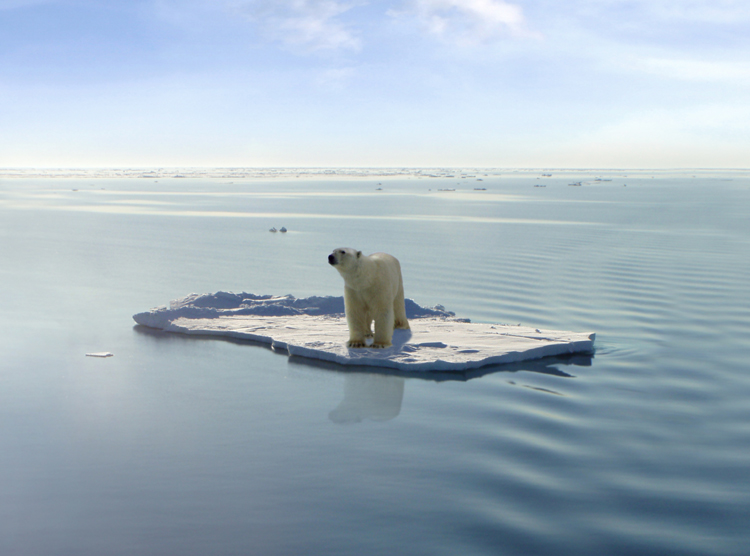
Still, Muller said it makes sense to reduce the carbon dioxide created by fossil fuels.
“Greenhouse gases could have a disastrous impact on the world,” he said. Still, he contends that threat is not as proven as the Nobel Prize-winning Intergovernmental Panel on Climate Change says it is.
On Monday, Muller was taking his results — four separate papers that are not yet published or peer-reviewed, but will be, he says — to a conference in Santa Fe, New Mexico, expected to include many prominent skeptics as well as mainstream scientists.
“Of course he’ll be welcome,” said Petr Chylek of Los Alamos National Lab, a noted skeptic and the conference organizer. “The purpose of our conference is to bring people with different views on climate together, so they can talk and clarify things.”
Shawn Lawrence Otto, author of the book “Fool Me Twice” that criticizes science skeptics, said Muller should expect to be harshly treated by global warming deniers. “Now he’s considered a traitor. For the skeptic community, this isn’t about data or fact. It’s about team sports. He’s been traded to the Indians. He’s playing for the wrong team now.”
Muller’s study found that skeptics’ concerns about poor weather station quality didn’t skew the results of his analysis because temperature increases rose similarly in reliable and unreliable weather stations. He also found that while there is an urban heat island effect making cities warmer, rural areas, which are more abundant, are warming, too.
Among many climate scientists, the reaction was somewhat of a yawn.
“After lots of work he found exactly what was already known and accepted in the climate community,” said Jerry North, a Texas A&M University atmospheric sciences professor who headed a National Academy of Sciences climate science review in 2006. “I am hoping their study will have a positive impact. But some folks will never change.”
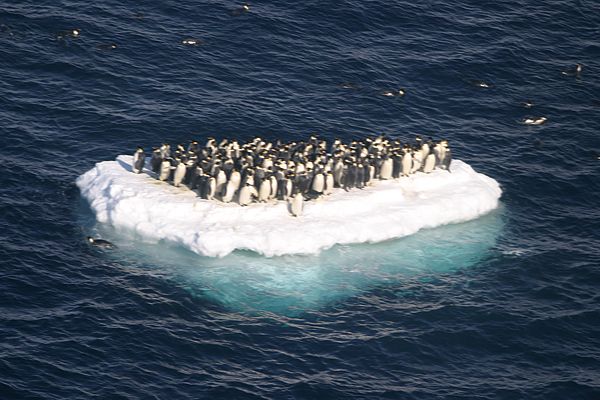
Chris Field, a Carnegie Institution scientist who is chief author of an upcoming intergovernmental climate change report, said Muller’s study “may help the world’s citizens focus less on whether climate change is real and more on smart options for addressing it.”
Some of the most noted scientific skeptics are no longer saying the world isn’t warming. Instead, they question how much of it is man-made, view it as less a threat and argue it’s too expensive to do something about, Otto said.
Skeptical MIT scientist Richard Lindzen said it is a fact and nothing new that global average temperatures have been rising since 1950, as Muller shows. “It’s hard to see how any serious scientist (skeptical, denier or believer — frequently depending on the exact question) will view it otherwise,” he wrote in an email.
In a brief email statement, the Koch Foundation noted that Muller’s team didn’t examine ocean temperature or the cause of warming and said it will continue to fund such research. “The project is ongoing and entering peer review, and we’re proud to support this strong, transparent research,” said foundation spokeswoman Tonya Mullins.
___
Online:
The Berkeley Earth Surface Temperature site: http://www.berkeleyearth.org/index.php
Santa Fe climate conference: http://bit.ly/rQknVi
 ‘Iron Man 3’ heads to North Carolina ~ Yay to North Carolina and Wilmington!! hmm, Maybe I will get to work on this super cool movie!! We beat out LA, Michigan and New Mexico!
‘Iron Man 3’ heads to North Carolina ~ Yay to North Carolina and Wilmington!! hmm, Maybe I will get to work on this super cool movie!! We beat out LA, Michigan and New Mexico!
The next installment in the Iron Man superhero film franchise will shoot in North Carolina. Marvel Studios will film Iron Man 3 starring Robert Downey Jr. in Wilmington, with pre-production starting soon and work in the state lasting about 10 months. State film office head Aaron Syrett said Thursday it will be the largest production to shoot in North Carolina.
The production is expected to create 550 jobs for tradesmen, technicians and other crew members and more than 1,000 spots for actors and other talent.
Press Release: http://insidemovies.ew.com/2011/10/28/iron-man-3-heads-to-north-carolina/
Hi Fellow Ugandans, I am beginning to wonder if we here in the Ugandan Diaspora need a fund of some kind, that we donate to every month, like say $1 dollar or $5, which can then help transport anyone’s relative back home for burial in the event of a sudden death, with priority going to those in the donation pool.
The balance would be open to every member to know the amount for transparency sake. What do you guys think?
Would you be willing to donate to such an effort? I am receiving a number of requests for help when relatives pass away. I think it would really help. Chime in please.
[poll id=”2″]

I am grateful to the organizers of the global campaign focused on Africa which is flying under the umbrella of Connect 4 Climate.
One aspect of our world that is greatly affected by the climate changes in Africa, is that of wildlife migration.
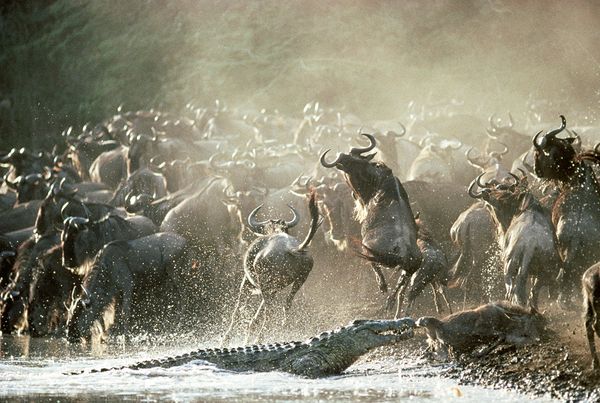
Excerpt from a WWF Report: Africa occupies about one-fifth of the global land surface and contains about one-fifth of all known species of plants, mammals, and birds in the world, as well as one-sixth of amphibians and reptiles (Siegfried 1989).
Climate change has already affected the marine animals of Africa. Coral reefs in the Indian Ocean experienced massive bleaching in 1998, with over 50 percent mortality in some regions (Spalding 2001). Damage to coral reef systems has far reaching implications for fisheries, food security, tourism and overall marine biodiversity.
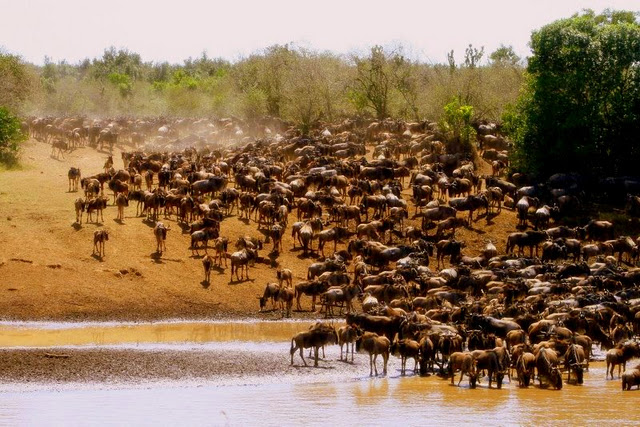
On land, animal biodiversity in Africa is concentrated in the savannas and tropical forests. Loss or alterations of terrestrial habitats by climate change will likely impact these species.
Few detailed studies have been done on how climate change will affect terrestrial animals in Africa, but those that have been done demonstrate the potential extent of its impact. For example, climate change of the magnitude predicted for the twenty-first century could alter the range of African antelope species (Hulme 1996).
World antelope biodiversity—more than 90 percent of the 80 species—is concentrated in Africa (Macdonald 1987).
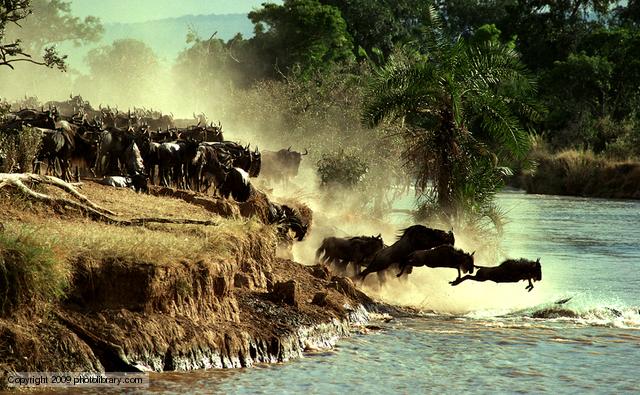
With most of the wildlife in the East African Rift Valley depending on the changing of seasons to migrate to areas where their offspring can stand a chance of survival, it is of great importance to discuss how the climate change adversely affects those migration patterns.

Drought has caused a major disruption in the migration patterns of Wildebeests, Elephants and other African plain wildlife.
According to the WWF, Africa is one of the most vulnerable regions in the world to climate change.
This vulnerability and the limitations of poor countries to adapt to climate change challenges were highlighted in Climate Change 2001, the Third Assessment Report of the Intergovernmental Panel on Climate Change (IPCC).
The report established how human activity (burning fossil fuels and changes in land-use) is modifying the global climate, with temperature rises projected for the next 100 years that could affect human welfare and the environment.
The historical climate record for Africa shows warming of approximately 0.7°C over most of the continent during the twentieth century; a decrease in rainfall over large portions of the Sahel (the semi-arid region south of the Sahara); and an increase in rainfall in east central Africa. Over the next century, this warming trend, and changes in precipitation patterns, are expected to continue and be accompanied by a rise in sea level and increased frequency of extreme weather events.
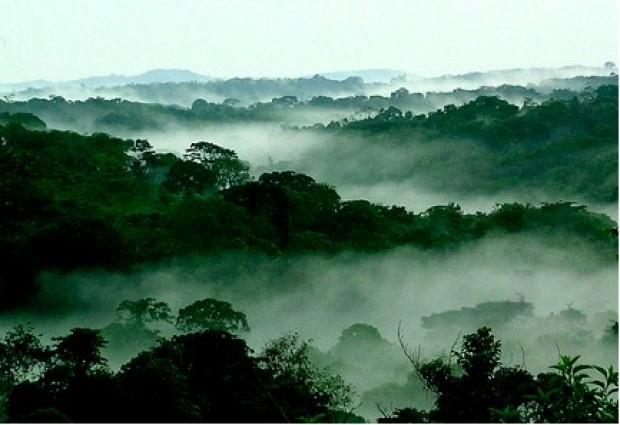
My hope is that governments in East African and Sub-Saharan Africa, can start listening to the voices calling for a change in the way we are cutting down our forests. Trees play a big role in the creating of rainfall which in turn affects the availability of water in lakes and rivers. They also provide habitats to endangered wildlife like the mountain gorillas.
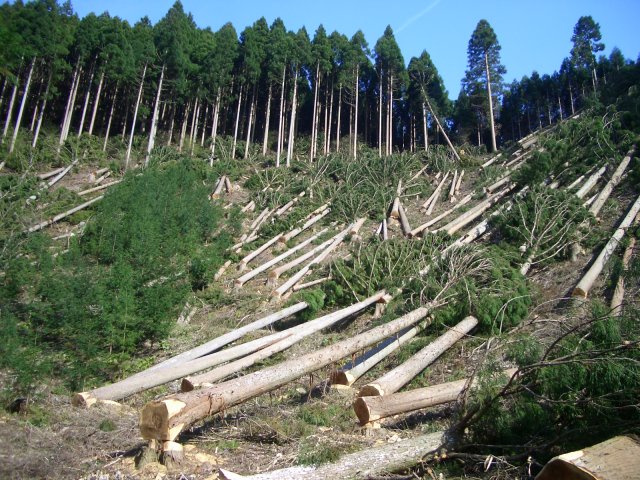
Let us not give up the effort to plant more trees and carrying on the Banner that was carried for so long by the late Wangari Maathai. I call on all my fellow Africans, and especially those in East Africa, to join in the effort to conserve our forests and to participate in the Connect 4 Climate campaign.
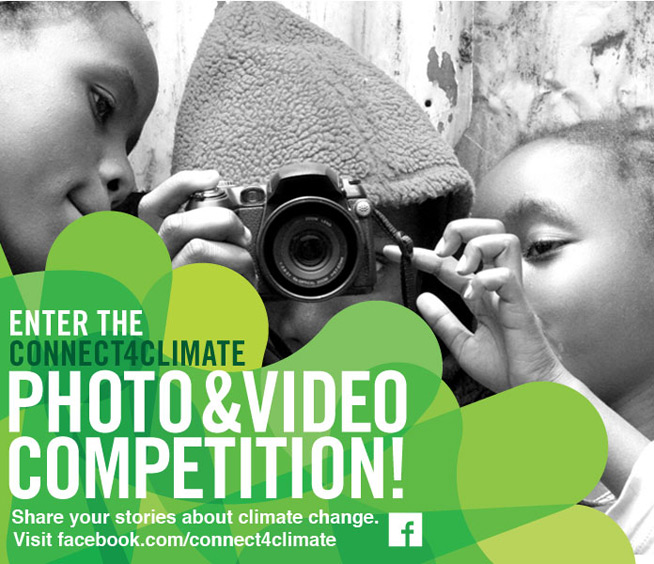
Man, this is one leap forward in Photography Innovation by Lytro and the new Camera they are offering that allows photographers to shoot now and choose the areas of focus later. I think this is going to inspire giants like Canon and Nikon to come up with similar or better solutions. I have a feeling they might even buy out Lytro. I can’t wait to get my hands on this camera.
The Lytro is a so-called “light field” camera that captures more color, intensity and light per shot than traditional cameras. That makes for more vibrant photos, but most importantly, it allows users to change the focus within an image after it’s been taken.

This example shows a Lytro-taken photo. With the click of a mouse, the photo’s focal point can be automatically changed, dramatically altering the picture.
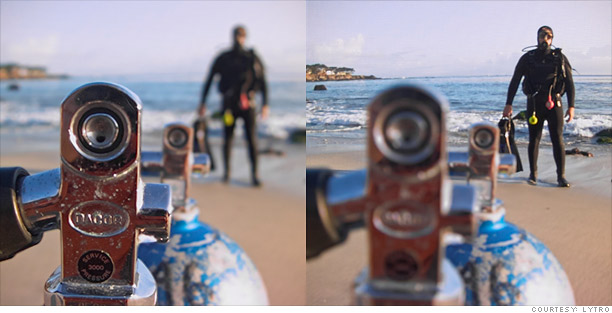
Users can edit photos via proprietary software on a Mac (a PC version will come later next year) and can share them on Facebook, where friends can interact with them by zooming in and refocusing. If the Lytro takes off, it could change the way professional photographers and even casual photo users take pictures. “It lets people shoot first and think later,” says company founder Ren Ng. “Now you can take a picture and compose it in a new way.”
Here is a video featured on CNN highlighting the Camera’s revlutionary features.
Some more neat photos of the Lytro.
[nggallery id=12]
I am humbled and honored to have been selected and added as a Jury member to the World Bank’s Global Connect 4 Climate campaign and photo competition.
 Connect4Climate (C4C) is a campaign, a competition, and a community that cares about climate change. The goal of C4C is to raise awareness about climate change issues around the world, with an initial focus on Africa. With the help of our broad coalition of partners, both big and small, we are kickstarting an interactive dialogue on climate change issues amongst African youth and global social media users. With roughly 70% of Africa’s total population under 30, the Connect4Climate campaign will tap the rich potential of African’s youth as powerful agents of social change.
Connect4Climate (C4C) is a campaign, a competition, and a community that cares about climate change. The goal of C4C is to raise awareness about climate change issues around the world, with an initial focus on Africa. With the help of our broad coalition of partners, both big and small, we are kickstarting an interactive dialogue on climate change issues amongst African youth and global social media users. With roughly 70% of Africa’s total population under 30, the Connect4Climate campaign will tap the rich potential of African’s youth as powerful agents of social change.
The Competition: In the run-up to the United Nations Conference on Climate Change (COP 17) in Durban, South Africa this December, Connect4Climate is launching a photo and video challenge on climate change targeted to African youth in collaboration with Facebook. African youth from the ages of 13 to 30 are invited to share their personal climate change stories around six themes:
Through photos and short videos, young Africans will tell us how climate change is affecting their lives, families, communities and environments. If they have innovative ideas for local solutions, we hope to see and hear these stories, too! The best entries will receive prizes at a high-profile award ceremony and will be exhibited at COP17 in Durban. World leaders and prominent climate change thinkers will get a chance to look, listen, and learn about these climate stories generated by African youth.
You can upload your photos or videos through our Facebook page by clicking “Enter Competition.” You can also send your photos and videos via email to c4cphotovideo@worldbank.org. Be sure to include your name, date of birth, title and caption of your photo or video, and where your photo or video was taken.
Deadline
November 15, 2011
Eligibility
Young people from around the world with a focus on African youth- ages 13-17, 18-24, and 25-30
Prizes
Over 60 prizes will be awarded, including cameras, mobile phones, computer tablets and solar backpacks. Winning entries will be exhibited at the UN Conference on Climate Change (COP17) in Durban, South Africa, this December. World leaders and prominent climate change thinkers will get a chance to look, listen, and learn about these climate stories generated by African youth from around the continent.
The Community
with an ever-growing list of knowledge partners, Connect4Climate aims to act as a convener of all parties with an interest in raising awareness about climate change issues and participating in an interactive, global dialogue on climate change. Our partners include international organizations, social media networks, UN agencies, NGOs, academia, civil society, private sector, public sector, and youth organizations.
Join us!
facebook.com/connect4climate
twitter.com/connect4climate
Want to become a partner? Email: connect4climate@worldbank.org
